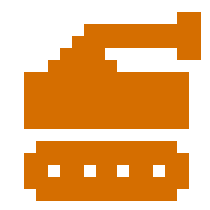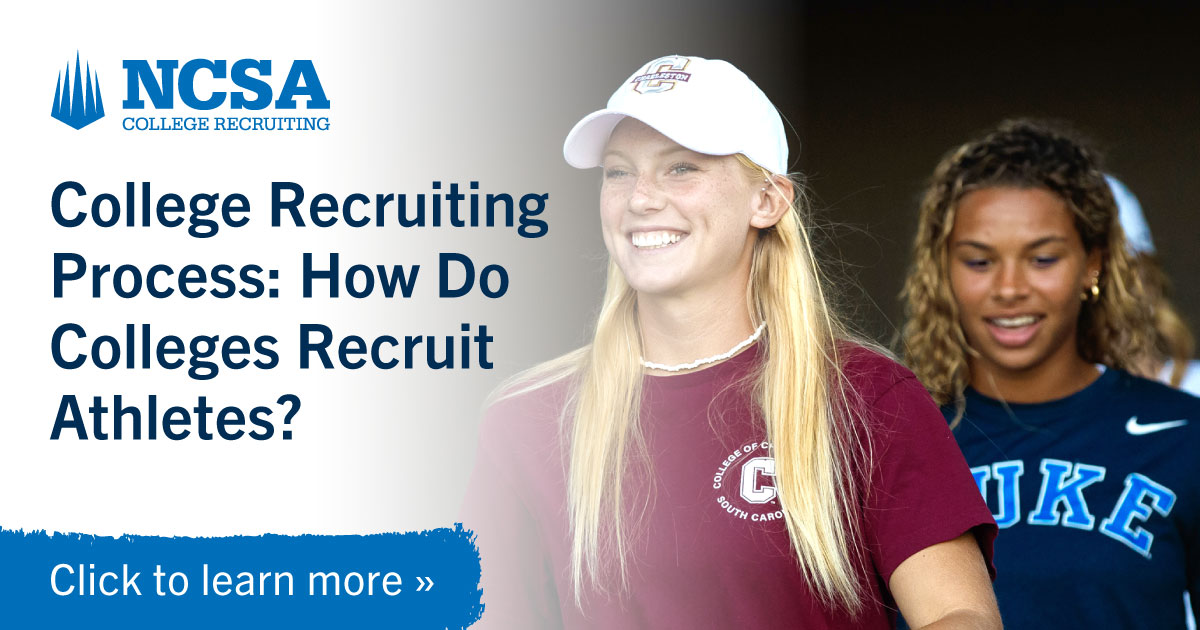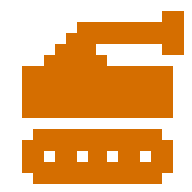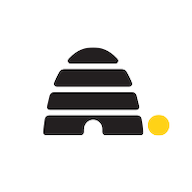How to truly stop tanking in the NBA
Replace the NBA lottery with "Premium Selection", a system that allows the top 15 draft prospects to choose their own team from among the 18 worst NBA teams.

The great philosopher, Kobe Bryant, once said, "Trust me, setting things up right from the beginning will avoid a ton of tears and heartache."
We can stop tanking in the NBA, but not with the current thinking. Please have an open mind and hear me out.
No Lottery System Can Fix Tanking
The NBA mistakenly thinks that using lottery ping pong balls to inject chance into the draft order system will disincentivize teams from tanking.
This will NEVER work.
Why?
Because all thirty teams in the NBA have fully embraced advanced analytics.
Think about it: this is a league that embraces certain shots, certain defenses, etc. based on micro-advantages that are sometimes measured in fractions of percentage points —
So of COURSE teams are going to play the odds (no matter how small) to get a better draft position!
The NBA's lottery-based draft system is just wrong-headed. Let's look at it from three perspectives and you'll see what I mean.
- Right now the three worst teams in the NBA are the Detroit Pistons, San Antonio Spurs, and Houston Rockets. Each has a 14% chance at getting the number one pick in the 2023 draft.
The NBA is not "The Hunger Games" — no one cares if the odds are NOT "ever in your favor".
All teams care about is whatever may give them an advantage. If you're going to miss the playoffs anyway, then tanking is just statistically better for your team than winning, right?
Accordingly, no matter the odds, no lottery-based draft system will ever actually disincentivize tanking. - Then there are the midling lottery teams like the Utah Jazz. This season the Jazz were the 9th worst team in the NBA (out of 30 teams), so they have a 4.5% chance at having the #1 pick.
Most of us would say 4.5% are terrible odds — but think like an NBA franchise. NBA teams think 4.5% is great!
After all, less than 2% of all full court heaves at the buzzer go in the basket.
Yet every NBA team expects their players to heave the ball full court at the buzzer — not because the odds for that shot are great, but because there is a chance that it could help their team. That's the thinking — and they're right!
For the Utah Jazz, their 4.5% chance at getting the first pick in the lottery is more than double the odds of a full court heave at the buzzer.
Broadcasters, writers, analysts, fans, players, franchises, and the NBA front office need to embrace the truth: no matter how remote the odds, teams will play those odds if there is even a slight possibility that they could gain an advantage from them.
Consequently, every possible lottery-based system that the NBA could concoct will be gamed by teams. Any lottery will always be incentive for tanking. - The 2023 Dallas Mavericks gave us an interesting case study in tanking. The Mavs sat most of their stars for their last game of the regular season (and were fined $750,000 for it).
But guess what? Deliberately losing that one game increased Dallas's odds at getting the first pick 66.7%! (((3.0 - 1.8) / 1.8) * 100 = 0.6667)).
The NBA can investigate teams — and fine them — all it wants, but that won't disincentivize tanking. Instead it will only incentivize teams to be stealthier about their tanking. That's not good for league.
Honestly: it is impossible to design a lottery system that is fair for the teams that are struggling, while at the same time disincentivizing tanking, because by definition a lottery gives teams a chance at getting something the have not earned.
The solution to tanking is to replace the lottery with a meritocratic system that incentivizes teams to be as well-run as they can be.
That makes sense, right?
So this is what I propose.
Replace the NBA lottery with "Premium Selection"
Right now the first round of the NBA draft is divided into two parts.
- The Lottery: The 14 teams that miss the playoffs are put into a lottery to determine their draft order, then
- The Rest of the First Round: The 16 teams that made the playoffs then pick from the remaining players in the order of their regular season records.
This is draft order is somewhat modified each year due to trades. For example, this year Utah gets Minnesota's first pick (along with keeping their own first round pick).
It is time to acknowledge the reality that the NBA now has three tiers of teams:
- The 12 teams that clinched a berth in the playoffs,
- The 8 teams that qualified for the play-in tournament, and
- The bottom 10 teams that had no post-season at all.
Hopefully we all agree that the NBA shouldn't punish play-in teams for winning and getting into the playoffs.
That means, for draft purposes, the 8 play-in teams should be included with the other 10 teams that did not clinch a playoff berth.
Let's call those bottom-18 teams the "Premium-Qualified" teams (you'll see why in a minute).
So now, instead of a lottery, the first round of the NBA draft would be divided into these two parts:
- Premium Selection, and
- The rest of the first round.
What is "Premium Selection"?
I'm glad you asked.
As you know, in college basketball, high school prospects get to choose which college team to play for — and in that system it is the premium players get the best choices.
Not only has this system worked fine for decades, but the fact that this year no first-, second-, or third-seeded team made it to the NCAA Final Four demonstrates the relative parity that can be achieved when you let premium players choose their teams.
Well, that is how the "Premium Selection" portion the NBA draft will work.
In the Premium Selection portion of the first round, each of the top-15 "Premium Players" get to choose from among the bottom 18 Premium-Qualified teams which team he will play for.
Then, when all 15 Premium Players have chosen a team, the remaining 15 teams will draft players in an order based on their regular season records.
How are the 15 "Premium Players" chosen from among all players who declare for a draft?
By the Premium-Qualified teams, of course.
All Premium-Qualified teams will have a deadline to submit a list of the top-15 players they are interested in.
Their lists are binding — meaning when their turn to choose a player comes, if any of the players on their list are still available, they must choose the highest-preference player from their own list.
(This is necessary to keep teams from putting players on their list that they are not actually interested in so that they can force those players they are interested in to fall out of the top-15 so they can draft them.)
The NBA then uses the lists from the 18 Premium-Qualified teams to identify the top-15 players, and the order with which these players get to choose their teams.
Victor Wembanyama
Suppose Victor Wembanyama is the top Premium Player. That means Victor would get the first choice of where to play from among the following teams:
The Pistons, Rockets, Hornets, Trailblazers, Magic, Wizards, Pacers, Jazz, Mavericks, Thunder, Magic, Jazz (again), Pelicans, and Hawks.
Obviously, in this system, tanking is the dumbest thing a team could do to make themselves appealing to Premium propects.
To the contrary, NBA teams would need to do everything they could all season long to make themselves as attractive as possible to Premium players. Basically, NBA teams would have to do everything they should be doing anyway to lure free agents to their teams, because that's what Premium rookies will look for as well.
So say you are the Houston Rockets. Houston is the fourth largest city in the U.S. so the Rockets would no doubt use their market size as a talking point to get Wembanyama to play for them.
Then again, even though Salt Lake City is only the 119th largest city in the U.S., The Utah Jazz have Lauri Markkenen, a front-runner for most improved player and a fantstic one-two punch on offense with Wembanyama.
Also, the Jazz have a rookie-of-the-year candidate in Walker Kessler — a 7-footer that plays inside and would allow Wembanyama to play everywhere else which is where he prefers to play.
In other words, regardless of market size, teams would need to maximize their advantages to do well in the Premium Selection part of the first round of the draft.
The Premium selection would both help struggling teams, and reward them for trying hard and being well-run.
That's good for the players, good for teams, good for the fans, and just good for the NBA.
The Durant-Hayward Factor
Ask any Oklahoma City Thunder fan how it felt to lose a young Kevin Durant in free agency to the Golden State Warriors. Or ask Utah Jazz fans how it felt to watch Gordon Hayward announce he was ditching Utah seconds after becoming a free agent.
With the Premium Selection, rookies would have chosen their teams. That increases the odds that young free agents may stick around.
Look at it this way.
Donovan Mitchell was going to leave the Utah Jazz anyway when he became a free agent. That is the major reason the Utah Jazz traded him. Isn't it just better for teams to invest in developing rookies that actually want to be there?
In conclusion
In conclusion, lotteries will always incentivize tanking, so dump the lottery.
And instead, replace the draft lottery with a system that has already proven itself for decades in college basketball, namely let the premium prospects choose where to play.
Thanks for listening.
Links:



















